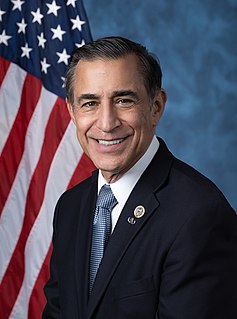A Quote by Gideon Lewis-Kraus
The promise of the Internet-as-Alexandria is more than the rolling plenitude of information. It's the ability of individuals to choreograph that information in idiosyncratic ways, the hope that individuals might feel invited by the gravitational pull of a broad and open commons to 'rip, mix, and burn' - to curate.
Related Quotes
The Internet's abundance - of information, goods, tastes and sources of authority - creates unparalleled opportunities for individuals to get exactly what they want. But this plenitude threatens political and cultural authorities who believe in telling individuals what they can have rather than letting them choose for themselves.
I think that because of YouTube, because of MySpace, because of the digital domain that we have on the Internet, the younger generation is much more open to information. I think it's so much easier for them to gain information and trade information, and they have become more aware. In some cases, more aware than their own parents and adults, as to what's going on in the world. I find that really intriguing and interesting, and I think there is a brewing of a whole new generation of activists coming.
If you share information widely, but you present that information in ways that fits your own view, you're actually still misrepresenting. So instead what you should do is figure out ways to build systems that allow people to experience and classify their information in ways that are meaningful for them.
Well, there's a question as to what sort of information is important in the world, what sort of information can achieve reform. And there's a lot of information. So information that organizations are spending economic effort into concealing, that's a really good signal that when the information gets out, there's a hope of it doing some good.
Well, there's a question as to what sort of information is important in the world, what sort of information can achieve reform. And there's a lot of information. So information that organizations are spending economic effort into concealing, that's a really good signal that when the information gets out, there's a hope of it doing some good...
New information technologies-including email, the web, and computerized blast-faxes and phone calls-have fundamentally changed the landscape of political competition in modern democracies. They've done so in three ways: by dramatically boosting the access of individuals and special interests to politically potent information, by making it easier for such people to coordinate their activities and exert political power, and by greatly increasing the pace of events within our political systems.
Many more children observe attitudes, values and ways different from or in conflict with those of their families, social networks,and institutions. Yet today's young people are no more mature or capable of handling the increased conflicting and often stimulating information they receive than were young people of the past, who received the information and had more adult control of and advice about the information they did receive.
I think that in an age where so much information is flying through cyberspace, we all have to be aware of the fact that some information which is sensitive, which does affect the security of individuals and relationships, deserves to be protected and we will continue to take necessary steps to do so.





































